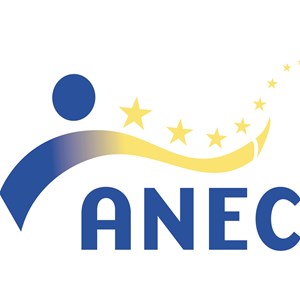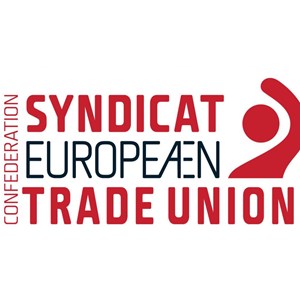NEWS

2022 is the European Year of Youth. To celebrate this occasion, CEN and CENELEC are conducting a campaign, presenting a regular series of interviews with young professionals active in European standardization. In the third episode of the series, we get to know Kristin Fagerli, from Norway.

By the end of 2024, USB-C chargers will become the standard charger for the most commonly used electronics in the EU after an agreement was reached between the European Parliament and the Council. CEN and CENELEC welcome this agreement and look forward to further collaboration on this matter.

Brussels 9 June 2022 - CEN, the European Committee for Standardization, and ASTM International have agreed to extend and expand a Technical Cooperation Agreement from 2019 with the objective to broaden and facilitate global dialogue and coordination in specific standardization areas of mutual interest.

Models mimic the behaviour of real-world systems by mapping them into mathematical objects. Models give freedom to the mind, allow tampering and testing, playing with what could become real before it has real-world consequences.

As the European Commissioner Thierry Breton said on 7 June during a press event, “It is a great day for consumers and the environment”.

While the legislative process on the proposal for a Regulation laying down harmonised rules on Artificial Intelligence (AI Act) is still ongoing, the European Commission is seeking to speed up the development of standards on AI, with a view to having harmonized standards produced and available by the time the regulation is applicable at the end of 2024/beginning of 2025. To this aim, the Commission issued on 20 May a draft standardization request in support of safe and trustworthy Artificial Intelligence.

New issue of the CEN-CENELEC newsletter 'On The Spot' is out now!

eXtended Reality (XR) is the umbrella for Virtual, Mixed, and Augmented Reality (VR/MR/AR), relating in varying degree from the use of digital overlays to fully rendered immersive alternate views of a physical world, where objects are registered in 3D and user interaction is responsive to the user’s surrounding in real-time. XR is increasingly used in education and training to support learning, practice, or even guide performance.

Data centres have a notoriously high demand of resources: the massively increasing demand for IT services of all kinds continues to lead to rising consumption of (among others) electricity, water and refrigerants. Therefore, it is part of the daily business of a data centre operator to optimise facilities and infrastructures in terms of energy consumption and thus improve the environmental sustainability of the data centre.

The DEFACTO project has a specific objective of making an effective contribution to new standardisation in the batteries sector, especially regarding shortened validation of cell endurance (measurement of functionalities, ageing and safety…) and cell production. This workshop is proposed to meet this objective, and to allow interaction with the project stakeholders so that the knowledge generated in the project is transmitted to the industrial community and the stakeholders can also specify their requirements.